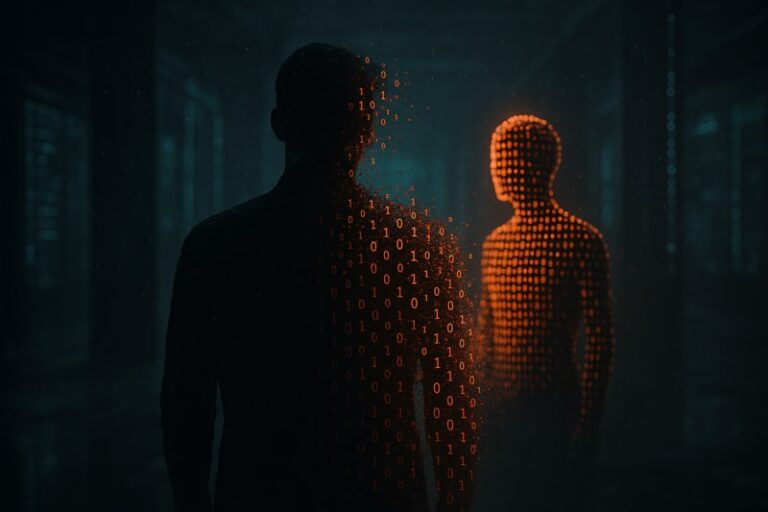
The year 2025 is not the future. It is now. And it is the point at which creativity, as we have known it, begins to lose pieces. Artificial intelligence has stopped being a tool: it has become a system. A new architecture that redesigns the world of entertainment, communication, visual and digital production. It is no longer a question of whether anything will change. But of accepting that it is already happening.
The first to disappear are technical roles. Editors, sound designers, audio technicians, and colorists are seeing their skills devoured by ever faster and more accurate software. Post-production, which once required sleepless nights and skilled hands, can now be reduced to a few well-written prompts. An entire job done in a matter of minutes.
But it's not just technicians who are disappearing. Junior creatives - concept artists, illustrators, 2D animators, storyboarders - are in danger of not even having time to get started. The younger generation is entering a market where artificial intelligenceI can produce images, videos, and animations from a handful of words. And as content creators try to make their way through formats and algorithms, here are new tools creating, writing, editing, publishing. Without effort. Without budgets. Without mental blocks.
Digital Agenda makes it clear: the quality of content generated with artificial intelligence will continue to rise. And with it, the list of professions that will be cut off.
Managerial roles are not safe either. Tomorrow's product manager will be a hybrid: able to interpret real-time data, manage mixed teams of humans and machines, and make quick decisions with AI at his or her side. Those who do not learn this new language will fall behind. Quietly outdated. Forgotten.
Yet not everything is destined to die. For some, this transformation is also a birth. In certain areas, AI does not replace: it enhances. Design, for example, could rediscover a new level of depth, thanks to tools that multiply possibilities and speed. But not everyone believes this. According to Jim Covello of Goldman Sachs, the economic impact of AI will be smaller than expected: high costs, uncertain returns, illusions of productivity.
Then comes OpenAI CTO Mira Murati's ground-shaking statement, "Perhaps certain jobs should never have existed in the first place." It is more than a provocation. It is a direct blow to the heart of those who have built their identity on a profession. If Artificial Intelligence can do better and faster ... what is left of human contribution? What is left of intuition, of error, of imperfect beauty?
Perhaps the point is no longer in the making, but in reinventing the way it is made. As happened with the transition from silent to sound. As when film gave way to digital. Today, too, we are at a crossroads. Those who know how to use artificial intelligence as an ally will be able to create as never before. Those who will remain anchored to a nostalgic idea of the craft will be cut off. And this time, noiselessly.
The question is no longer if.
It is who will be ready when it happens.
Sergio
"We do not shape the tools: the tools shape us."
Marshall McLuhan (media philosopher, 1964)
👁 Read also:
👉AI as the Extraordinary Conductor of the Future

